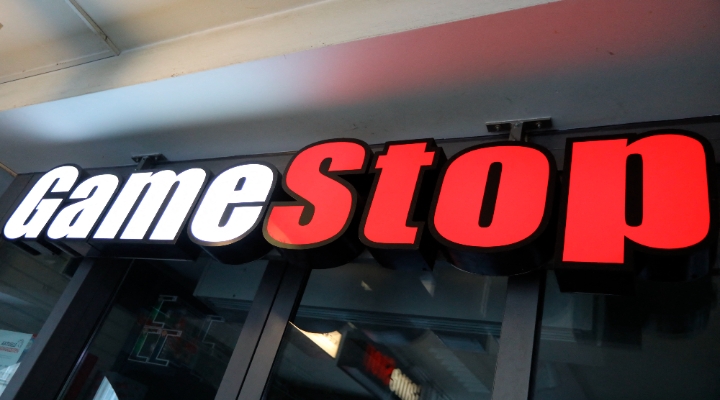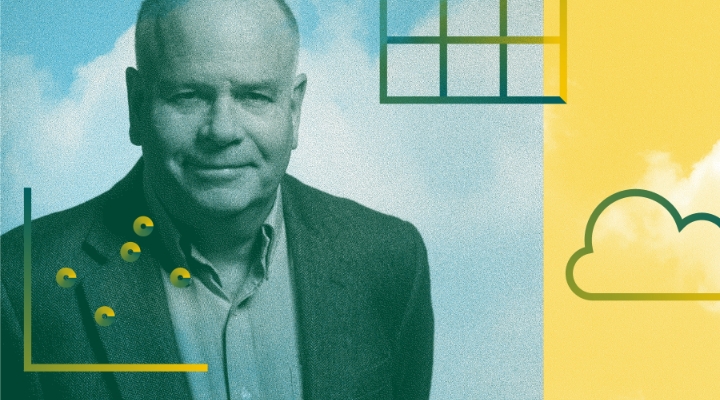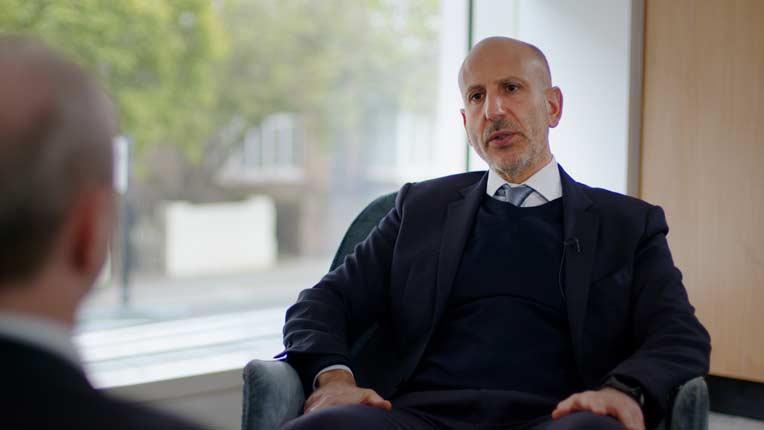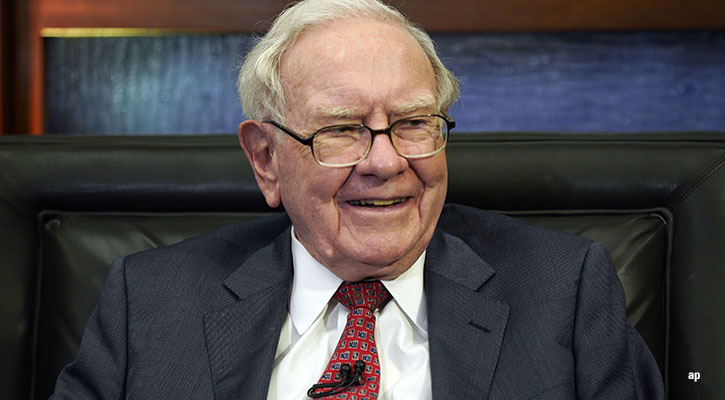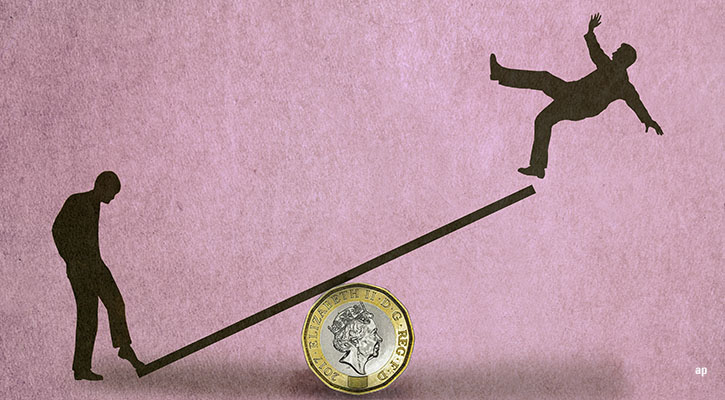
It’s midday, and I’m getting a funny look at the checkout. As the cashier waits patiently, I’m busy transferring money. But not to a friend, family, or business. To myself.
This may sound strange, but I am trying to get on top of my money worries. This means different things to different people, but to me it means spending a lot less, and paying off my credit card.
Those two goals are mutually beneficial: the more I save, the more I can pay off, and (hopefully) do this at some speed. To give you a picture, through daily budgeting, increasingly strict emotional self-awareness, and a bit of what I would call metaphorical motivation, last month I cobbled together the grand sum of £1,000, which I immediately put towards my credit card on pay day. The medicine is working, but it’s a daily battle. Stand with me in the shop while I explain.
The Self-Awareness Bit
My checkout drills are part of the first of those three tactics. Quite apart from security reasons (I don’t feel comfortable walking around with a current account full of money if my debit card is stolen), preparing my accounts for what will happen to them on any one day keeps me engaged with my spending, and helps me categorise and, where necessary, fiercely debate ad-hoc purchases.
To keep me on the straight and narrow I’m on a daily spending budget of £30, not including bills. I do use direct debits (for life insurance and my phone bill), but I choose to pay my most important bills manually. I’m engaged. This is what it feels like to be on top of my money. I haven’t felt it before.
The emotional self-management stuff is about self-awareness. I always thought it was purely a visceral thing, like those times your therapist asks you “and did you recognise that fear in the moment?” I do that, for sure, but I’m coming at it from a different angle. I am an addict.
We all have addictions. For some of us it’s the traditional cigarettes and a tipple. For others it’s something more serious or physically destructive. One of mine is spending.
It turns out I find the very thought of managing money – and particularly large sums of it – very stressful. For some it would be exciting or perhaps an opportunity to start a business, but for some reason I like to get rid of it. Get rid of it and you don’t have to manage it. The best way to get rid of it is to spend it. Sounds bizarre? It’s real. Over the course of several years, I’ve trained my brain to get rid of something that causes me pain and worry. Fixing this means re-pairing action and inaction as happy bedfellows.
Part of being engaged with money is about doing stuff. Regularly checking all my billing accounts, paying bills manually, and being fastidious with timing, are all ways of doing stuff – they are active.
But there are also times when action is harmful. The old stock market adage rings true here. “Don’t just do something, stand there.” In therapy, addicts are encouraged to acknowledge their instincts as they happen, and let whatever feelings are driving them happen and then pass. I can tell you now: in the moment this is one of the most singularly painful things I have ever experienced.
This is by no means the only way of combating addiction – indeed, it would be inappropriate in much more complex or traumatic cases – but for me it works. I have to know when to do something and when to do nothing, but I have to make sure that both lead to good outcomes. Doing something in a good way means paying bills. Doing nothing in a good way means pausing and waiting for the feelings to pass when I feel the compulsion to spend, or the fear of possessing money overwhelming.
Why do I spend? To have nice things? To enjoy life? To keep up with the Joneses? I can see examples of all three. But I am a fearful spender overall. So in shops I have had to learn it’s OK to not buy anything if it doesn’t precisely fit my needs. Some of the time it means seeing that situation coming and not walking through the door in the first place, knowing full well that to do so is just another way I like to silence the worries in my head or just simply not be alone.
In practice? That means walk away from buying a £20 plug adapter set, even though it’s not what I precisely need, it’s overpriced, and I’m worried about not supporting my local high street enough. If that sounds weird, it actually happened last night.
The Metaphorical Motivation
Alas, the final bit. The metaphorical motivation. When I’ve accomplished other challenges in my life, I’ve tried to come up with colourful coping strategies to visualise my actions in a bigger context and tell a story to myself.
Whenever I go to hospital (which is regularly) I turn off my impatience at the endless waiting rooms, needles, and invasive consultations by imagining I am asleep. This ensures a level of passivity and encourages me to submit to the process. Everyone has to submit to the process. Same with the money.
Likewise, when I ran the London Marathon this year (a humble brag, you’ve got me), I wrote a mood board to visualise on the way round. On it were the words “land the plane”, because I knew I would be under strain and operating on (what I would call) limited fuel. It turned four hours of my life into a Bruce Willis movie, but you do whatcha gotta do. Same with the money.
This time around, my motivation is somewhat darker, but I think the image in my head adequately conveys what it’s like to sit with money worries on your shoulder.
To me, money has been a monster on my shoulder for around five to six years. It’s choked my ambitions, put my relationships under strain, and driven me a bit mad. I accept full responsibility. I chose to do it, and I learned the hard way. But I have now had enough. I surrender.
(For the record, specialists debate the validity of “the surrender” as a healthy part of addiction treatment. For me it has been extremely useful. Only once you’ve surrendered you can you negotiate.)
That negotiation has a metaphor of its own. It’s not nice, but for some reason hitting said monster repeatedly with a large cricket bat until it goes away seems to work. These days, each credit card payment now feels like a punch landed squarely on the face of my own failures, and, as the numbers fall, I am breathing easier. Despite what you may think from this bizarre tour around my brain, I am also a bit happier. Isn’t that what money’s meant to be about?
I’ll check out now.







